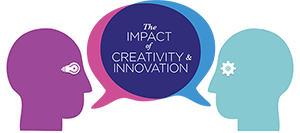 The Impact of Creativity & Innovation
The Impact of Creativity & Innovation

Intellectual Thought
Wednesday, September 25, 2013
Some visions of the world essentially preclude the possibility of creativity. Others place the unexpected and surprising at the heart of things. The social sciences and other views with which we are familiar often belong to the first camp, but there is an impressive alternative camp which also contains important thinkers. Understanding these two world views will help us appreciate creativity when it happens, distinguish real innovation from mere application, place ourselves in the state of mind in which creativity is more likely to take place, and enable the institutions and intellectual climate in which creativity thrives. I will also argue that great literature, properly understood, can play an important role in fostering this world view and that the humanities might be reimagined along these lines.
Speakers
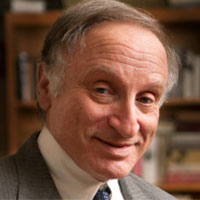
Gary Saul Morson
- Frances Hooper Professor of the Arts and Humanities
- Professor, Russian Literature, Weinberg College of Arts & Sciences
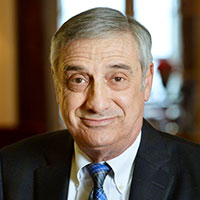
Joel Mokyr
- Robert H. Strotz Professor of Arts and Sciences
- Professor, Economics and History, Weinberg College of Arts and Sciences
Resources
Visual Art and Performance
Wednesday, October 2, 2013
“Museum Performance: Staging A City So Real”
Presented by D. Soyini Madison
The presentation will explore the process of staging Alex Kotlowitz’s book Never A City So Real that was the One Book/One Northwestern selection for 2012-2013.
The performance was entitled A City So Real and portrayed the divergent stories of Chicago neighborhoods and the people who are inspired by them while these people simultaneously enliven these locations with their wisdom, labor, and ingenuity. A collage of scenes staged throughout the galleries of the Block Museum captured the dialogue, imagery, movement, soundscape, and the rich poetic description of Kotlowitz’s prose. In the presentation, D. Soyini Madison, will discuss how audiences traversed through the museum and how they were guided through stylized enactments representing stories of Chicago all under the surroundings and backdrop of the museum galleries and display. The performance became a reflection and counterpoint to the museum art.
Speakers
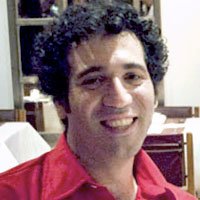
Michael Rakowitz
- Iraqi-American conceptual artist
- Professor, Art Theory & Practice, Weinberg College of Arts and Sciences
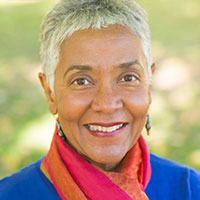
D. Soyini Madison
- Professor, Performance Studies, School of Communication
- Affiliate Faculty, African American Studies and Department of Anthropology, Weinberg College of Arts & Sciences
Resources
Social Policy
Wednesday, October 9, 2013
Policy Challenges: Energy Politics and Public Opinion
James Druckman
The ultimate success of energy initiatives depends in large part on public acceptance. Politicians rarely pass new policies in the face of public opposition, and public policies, even when implemented, seldom succeed if citizens largely flout them. Examples include privatization and deregulation, which, while supported by many economists and policy experts, may face fierce resistance by constituents. Similarly, if customers and other stakeholders do not embrace, or at least tolerate, new technologies, then they will not find commercial acceptance and may face regulatory hurdles. Well-known examples of this possibility include nuclear power, biotech (especially with respect to agricultural products in Europe), and, more recently, increasing concerns over nanotechnology. In this presentation, I explore how the politicization of science and political parties (and partisan polarization) influences opinions about energy. Specifically, I study how both dynamics can shape and determine public support in distinct ways.
Innovation and Creativity in Public Policy
Janice Eberly
Government policies to address the needs and challenges of a changing economy and populace require continual updating. But in an environment characterized as “political gridlock”, innovation and improvement may seem impossible. While inertia does become more powerful in this environment, there is still scope for innovation. Policies adapt and change organically, forcing events require action on the part of policy-makers, and sometimes research or public outcry calls attention to an issue in need of action. While expedience and the actual processes of democracy must play a role in real-world pragmatic policy-making, there is scope for thoughtful and substantive policy development. Examples from recent issues, such as the debt ceiling and student loan reform, show that effective advocates and leaders integrate the realities of process with the aspirations of policy.
Speakers
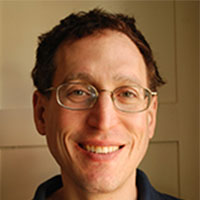
James Druckman
- Payson S. Wild Professor of Political Science
- Faculty Fellow, Institute for Policy Research, Northwestern University
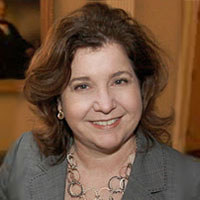
Janice Eberly
- James R. and Helen D. Russell Professor of Finance
- Faculty Director, Kellogg Public-Private Initiative (KPPI)
Resources
Theatre
Wednesday, October 16, 2013
Speakers
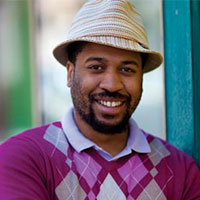
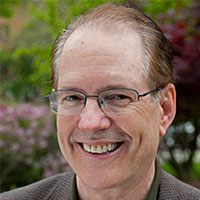
David Bell
- Professor, Music Theatre, School of Communication
- Director, Music Theatre Certificate program
- Artistic Director, American Music Theatre Project (AMTP)
Resources
Start Ups
Wednesday, October 23, 2013 1871 - 222 W. Merchandise Mart Plaza, Suite 1212, Chicago, IL 60654
As we prepare for our class on Innovation and Entrepreneurship we wanted to give you some background on what it takes to build an “entrepreneurial ecosystem” in a city. A recent book called Startup Communities by entrepreneur/venture capitalist Brad Feld provides a good overview of the dynamics required to create an entrepreneurial ecosystem in Chicago. While we will not be discussing the book itself, the reading provides the context you will need to get the most out of the speakers.
Speakers
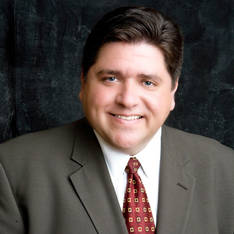
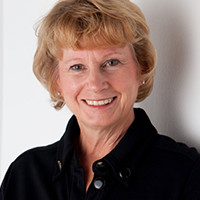
Linda Darragh
- Executive Director, Kellogg Innovation & Entrepreneurship Initiative
- Clinical Professor of Entrepreneurship
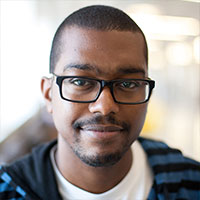
Mike McGee
- Co-Founder, The Starter League
- Northwestern Alumnus, Student Body President (2010-11)
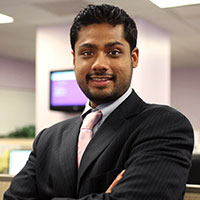
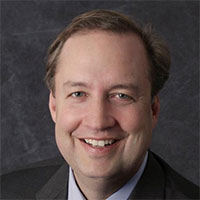
Music
Wednesday, October 30, 2013
Speakers
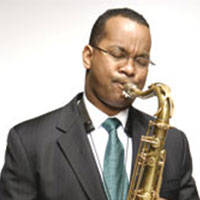
Victor Goines
- Director of Jazz Studies, Bienen School of Music
- Saxophonist, Jazz at Lincoln Center Orchestra
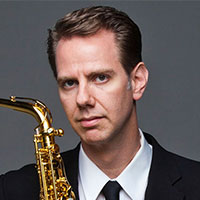
Resources
Design
Wednesday, November 6, 2013
Speakers
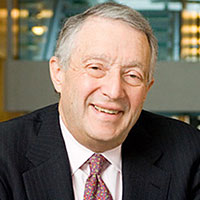
Gordon Segal
- Co-Founder, Crate and Barrel
- Honoree, Segal Design Institute, McCormick School of Engineering
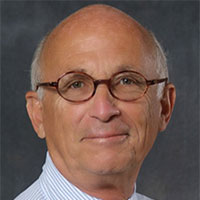
Walter Herbst
- Charles Deering McCormick Distinguished Clinical Professor
- Clinical Professor, Mechanical Engineering, McCormick School of Engineering
- Director, Master of Product Development Program (MPD2)
Science
Wednesday, November 13, 2013
“Lyrica? That’s Ancient History. What Have You Done Lately?”
Rick Silverman
This lecture will highlight some of the research activities in the laboratory of Professor Silverman over the last 15 years, which are currently ongoing. Most of the research relates to the design and mechanism of therapeutics for the treatment of neurodegenerative or neurological diseases, but two of the projects have also led to potential therapeutics for cancer as well. Potential treatments for Parkinson’s disease, cerebral palsy, amyotrophic lateral sclerosis (ALS), epilepsy, melanoma, and hepatocellular carcinoma will be discussed from a lay person perspective. No exam will be given, so sit back and enjoy.
Speakers
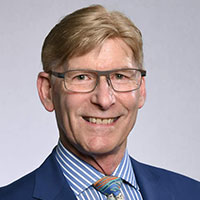
Rick Silverman
- John Evans Professor of Chemistry
- Professor, Chemistry, Weinberg College of Arts & Sciences
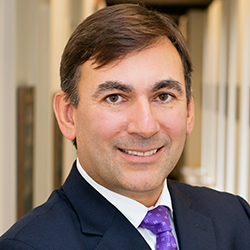
Milan Mrksich, PhD
- NU Vice President for Research
- Henry Wade Rogers Professor of Biomedical Engineering
- Professor of Chemistry
- Professor of Cell and Developmental Biology
- Founding Director NU Center for Synthetic Biology
- Associate Director of the Robert H. Lurie Comprehensive Cancer Center,
